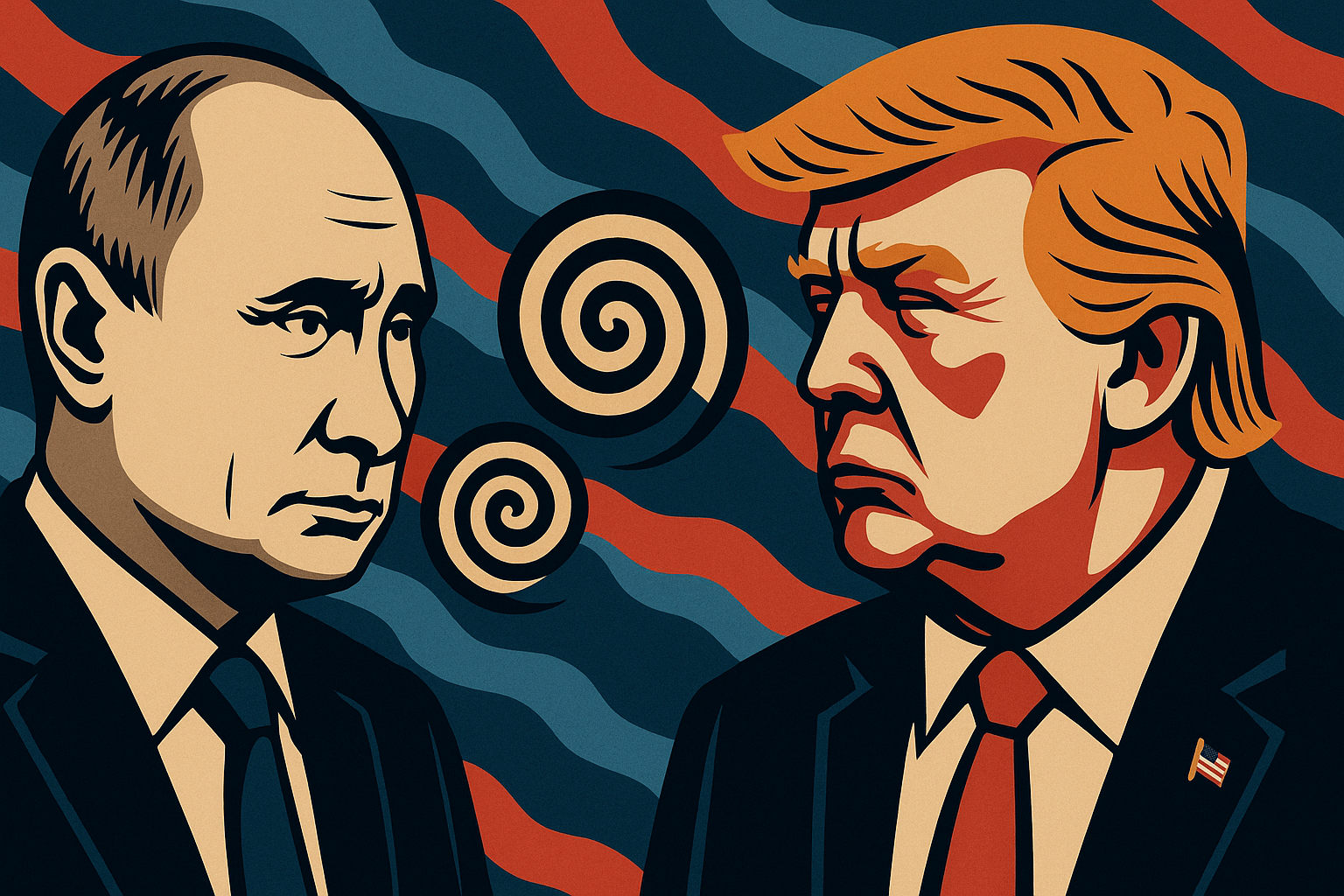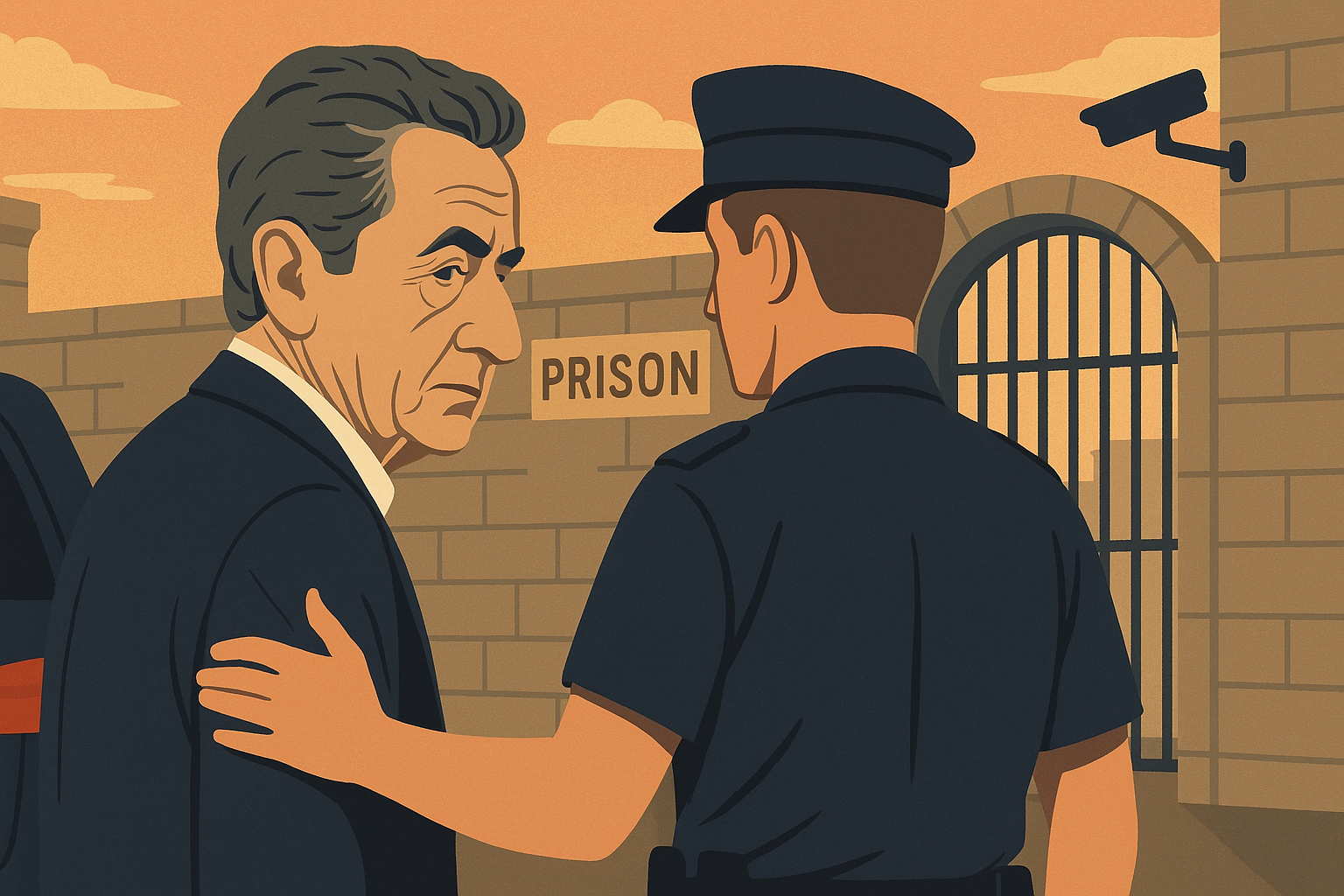As tensions surrounding the war in Ukraine intensify, observers are taking renewed note of Russian President Vladimir Putin’s remarkable ability to sway former U.S. President Donald Trump, whose approach toward Ukraine and its leader, Volodymyr Zelenskyy, continues to draw international criticism.
In February, shortly after Trump’s return to office, his meeting with Zelenskyy was widely viewed as one of the most uncomfortable diplomatic exchanges in recent history — a moment many described as “schoolyard bullying in the Oval Office.” Trump reportedly mocked the Ukrainian president, warning that Ukraine would face destruction unless it ceded territory to Russia. Zelenskyy, aware of his limited leverage, responded with composure, avoiding direct confrontation.
Putin’s Long Game
Analysts suggest that Putin’s enduring strategy, rooted in patience and long-term calculation, is beginning to pay off. During the 2022 invasion of Ukraine, which Trump famously called a “genius move,” the Kremlin leader appeared to anticipate that a future Trump presidency could offer Russia diplomatic advantages unattainable on the battlefield.
Those predictions — once dismissed as implausible — now seem increasingly realistic. In 2025 alone, Trump has met Putin twice, including a recent summit in Budapest hosted by Hungarian Prime Minister Viktor Orbán, one of Europe’s most pro-Russian leaders.
Without conceding anything, Putin has achieved renewed international attention and engagement — something many European governments view as a troubling development.
Trump’s Impatience and the “One War Left” Claim
In recent public statements, Trump has claimed to have singlehandedly ended multiple global conflicts, including disputes between Israel and Hamas, India and Pakistan, and Armenia and Azerbaijan. He has described Ukraine as the last remaining obstacle to global peace and has suggested that Zelenskyy’s refusal to negotiate with Russia deprived him of a Nobel Peace Prize.
Trump’s rhetoric has increasingly framed the war as a commercial issue, calling Ukraine “a land of opportunity with undeveloped seafront.” He reportedly told Zelenskyy during their February meeting, “You don’t have the cards.”
Ukraine’s Strength and Western Support
In reality, Zelenskyy’s government does hold key cards. The European Union is moving toward repurposing Russia’s frozen $200 billion in central bank reserves to fund Ukraine’s war effort. Kyiv has also expanded its military reach, striking oil refineries and airbases deep inside Russian territory — attacks that have disrupted Moscow’s logistics and energy revenue.
According to The Economist, roughly 100,000 Russian soldiers have died in combat in 2025 alone, compared to an estimated 20,000 Ukrainian casualties. The death toll exceeds six times the Soviet Union’s losses in Afghanistan during the 1980s, raising concerns about morale and recruitment within Russia.
Ukraine’s precision strikes on Russian oil facilities have also drained Putin’s ability to fund recruitment bonuses, potentially forcing him to rely on broader conscription — a politically risky move that could erode domestic support.
War Fatigue and U.S. Policy Shift
Despite Ukraine’s strategic advances, Trump’s administration has cited “American war fatigue” to justify withholding further aid. The U.S. Congress’s last Ukraine funding bill passed in spring 2024, and Trump has made clear that any future military support would be sold, not granted, to Kyiv.
While Americans see limited coverage of the war, polls suggest continued bipartisan backing for Ukraine’s independence. However, Trump’s reluctance to finance the war effort has fueled concerns that the U.S. may retreat from its traditional leadership role in Europe.
The Question of Influence
Speculation continues over why Trump appears so sympathetic toward Putin. Some suggest that the Russian president exerts hidden leverage, while others dismiss such claims as political conspiracy. Whatever the explanation, analysts agree that the pattern of behavior is now undeniable.
Putin, despite suffering enormous battlefield losses, continues to wield outsized diplomatic influence, and one of his most valuable assets — at least for now — appears to be Donald Trump himself.
In the words of one European diplomat, “Putin has lost ground in Ukraine, but gained it in Washington.”








